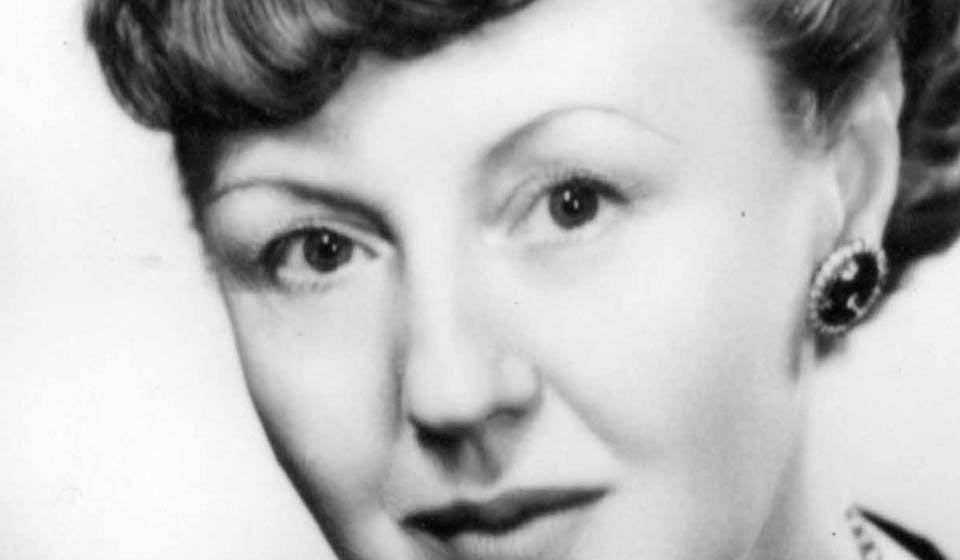Imprint
- Virago
- Virago
Virago Modern Classics, Fiction, Modern & contemporary fiction (post c 1945)
Antonia White's sustained portrayal of Clara's budding into womanhood is a masterpiece' The Boston Globe
When Clara returns home from the convent of her childhood to begin life at a local girls' school, she is at a loss: although she has comparative freedom, she misses the discipline the nuns imposed and worries about keeping her faith in a secular world. Against the background of the First World War, Clara experiences the confusions of adolescence - its promise, its threat of change. She longs for love, yet fears it, and wonders what the future will hold. Then tragedy strikes and her childhood haltingly comes to an end as she realises that neither parents nor her faith can help her.
The Lost Traveller is the first in the trilogy sequel to Frost in May, which continues with The Sugar House and Beyond the Glass. Although each is a complete novel in itself, together they form a brilliant portrait of a young girl's journey to adulthood.
Praise for The Lost Traveller
-
An admirable piece of work . . . it would not be going too far to say that the book carries on the tradition of Charlotte Bronte in its unfolding of a young girl's experiences in coming to grips with the world - TIMES LITERARY SUPPLEMENT
-
Antonia White's sustained portrayal of Clara's budding into womanhood is a masterpiece - BOSTON Globe

Antonia White
Antonia White (1899-1980) was educated at the Convent of the Sacred Heart at Roehampton before going to St Paul's School for Girls and training for the stage at RADA. From 1924 until the Second World War she worked as a journalist. Among numerous volumes of short stories, fiction and autobiography, Antonia White published a celebrated quartet of novels linked by their heroine: Frost in May (1922), The Lost Traveller (1950), The Sugar House (1952) and Beyond the Glass (1954).






















.png?auto=compress&w=150&h=60&fit=crop&fm=jpg)



.png?auto=compress&w=150&h=60&fit=crop&fm=jpg)

